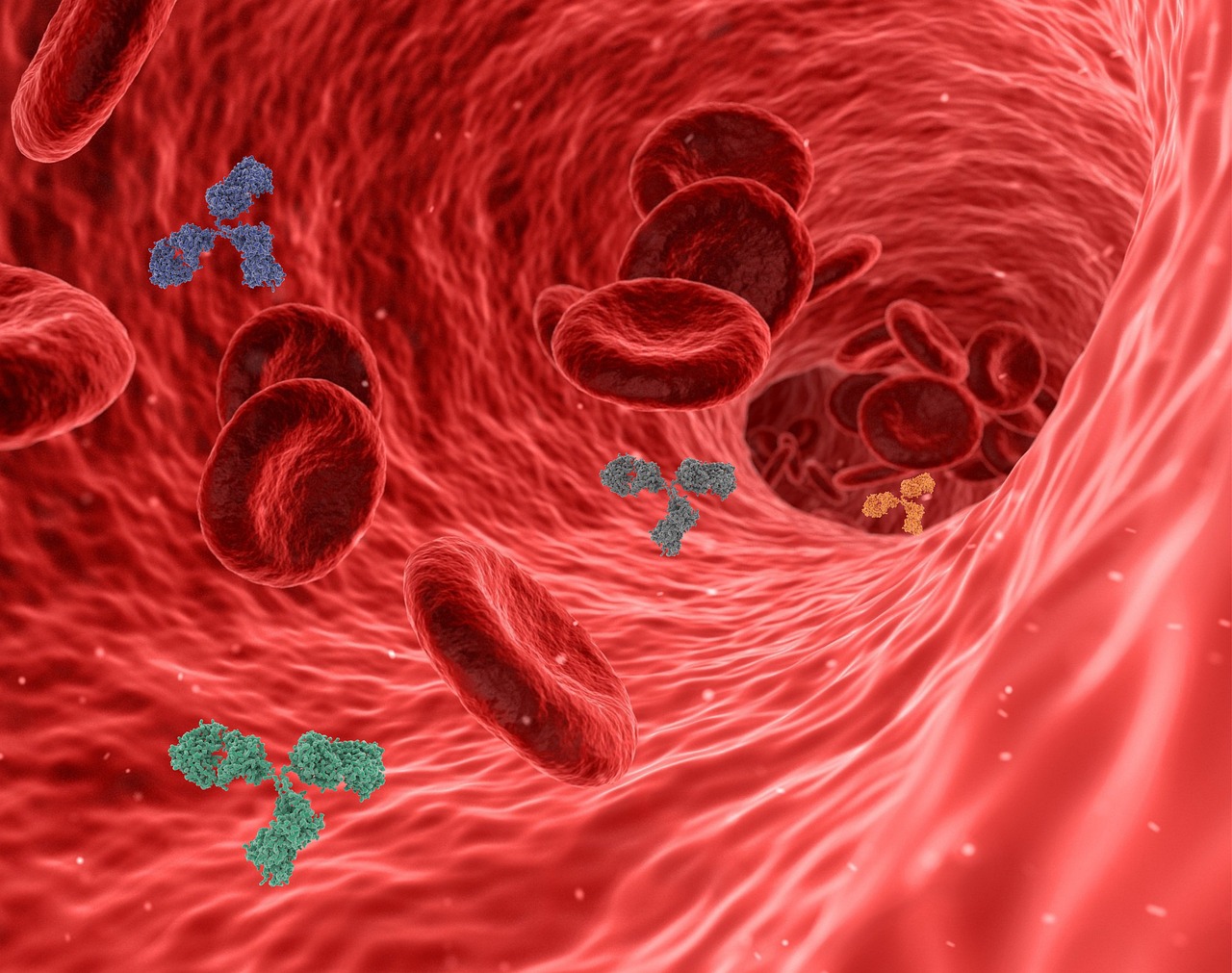High blood pressure, also known as hypertension, is a significant risk factor for heart disease. The connection between these two conditions is well-established, and understanding their relationship is crucial for preventing and managing cardiovascular problems.
When blood pressure is consistently high, it places increased stress on the arteries and the heart. Over time, this can lead to the development of atherosclerosis, a condition where the arteries become narrow and hardened due to the buildup of plaque. The narrowed arteries restrict blood flow, forcing the heart to work harder to pump blood throughout the body. This increased workload can weaken the heart muscle and contribute to the development of various heart diseases.
One of the most common heart conditions associated with high blood pressure is coronary artery disease (CAD). In CAD, the arteries that supply oxygen-rich blood to the heart muscle become narrowed or blocked, leading to chest pain (angina), heart attacks, and even heart failure. Hypertension is a major risk factor for developing CAD, as it accelerates the process of atherosclerosis and increases the likelihood of artery blockages.
High blood pressure can also contribute to the development of other heart-related problems. It can weaken the heart muscle, leading to left ventricular hypertrophy (enlargement of the heart’s main pumping chamber) and eventually heart failure. Additionally, hypertension increases the risk of arrhythmias (abnormal heart rhythms), stroke, and peripheral arterial disease (narrowing of blood vessels in the limbs).
Managing blood pressure is crucial for preventing heart disease and its complications. Lifestyle modifications, such as adopting a healthy diet low in sodium and rich in fruits, vegetables, and whole grains, engaging in regular physical activity, maintaining a healthy weight, limiting alcohol consumption, and quitting smoking, can significantly lower blood pressure.
In some cases, medications may be prescribed to control high blood pressure. These medications work by relaxing blood vessels, reducing fluid buildup, or decreasing the heart’s workload. It is important for individuals with hypertension to work closely with their healthcare provider to determine the most appropriate treatment plan and to regularly monitor their blood pressure.
By recognizing the link between high blood pressure and heart disease, individuals can take proactive steps to manage their blood pressure levels, reduce the risk of cardiovascular complications, and improve overall heart health.

